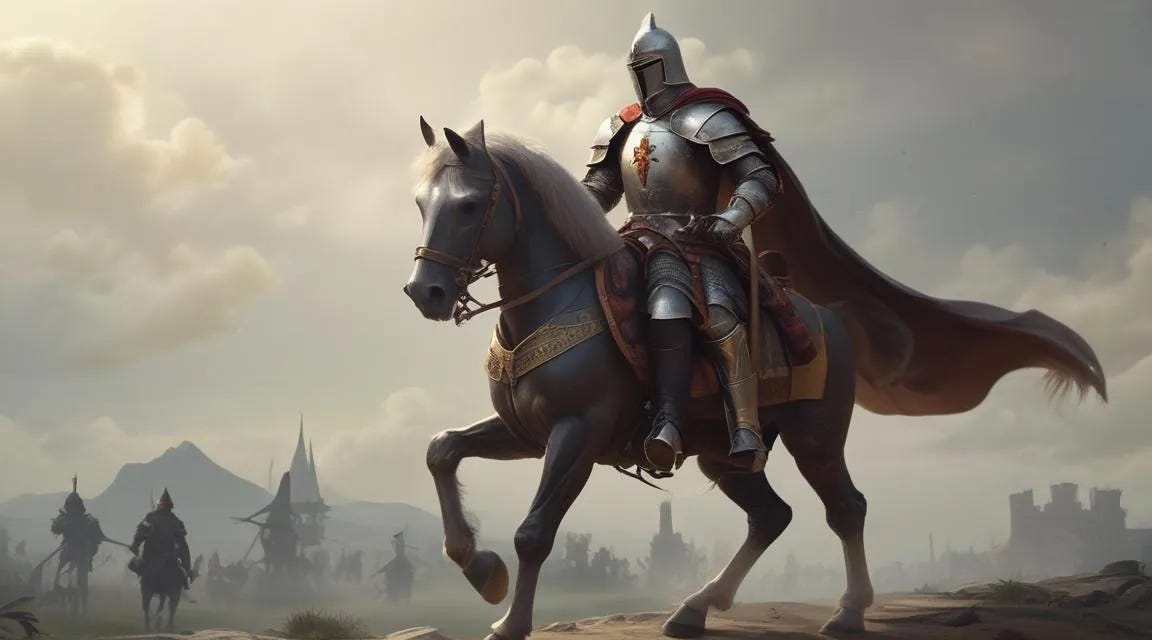September 13
2 Samuel 8-9; 2 Corinthians 2; Ezekiel 16; Psalm 58-59
2 Samuel 8-9
It is good that our reading today pins together both chapters 8 and 9 from 2 Samuel. Together they serve to portray for us what godly chivalry looks like. Chivalry in our day has fallen on hard times. It’s considered an antiquated concept. But it goes to the heart of what it means to be man, in two halves.
The first half (chapter 8) is filled with David’s military exploits. He knew how to fight and win. Moreover, David did not shrink back from the ugliest part of war - the execution of enemies (2). We may pause at this and have questions, but we must remember that Israel and Moab had been in continual conflict for a long time, with Moab continually degrading the heart of Israeli society. But David’s ancestor Ruth was a Moabite, so he shows mercy.
God gave him victory wherever he went (14), and this resulted in peace with enemy nations (10) and provided a stable government (15-18).
Yet David could also show the gentlest kindnesses in his royal court (chapter 9). After peace was achieved, David asked, for the sake of his dear friend Jonathan, if there was anyone left from the defeated Saul’s house that he could show kindness to (1). He’s reminded of Mephibosheth, Jonathan’s son who, in the heat of evacuation in the prior war, had been dropped by his nurse, crippling him (2 Sam. 4:4).
It was common in those days that when one king replaced another, he would kill off all of his rival’s family, top to bottom. But David shows the utmost mercy, welcoming Mephibosheth to his own table, treating him - in Jonathan’s place - like his own son (11).
Behold the two sides of chivalry: a blood-stained sword, and a hand extended in mercy. Therefore behold the gospel, which contains the perfect example of chivalry. The LORD Jesus rides on a white horse, his robe dipped in blood (Rev. 19:13; cf. Genesis 37:31). Yet before this he offers us, his enemies, the utmost mercy. We say, “What is your servant, that you should show regard for a dead dog such as I?” (8). In return the Father welcomes us to His table, treating us as His sons, for the sake of HIS Son, who died for us in our place.


